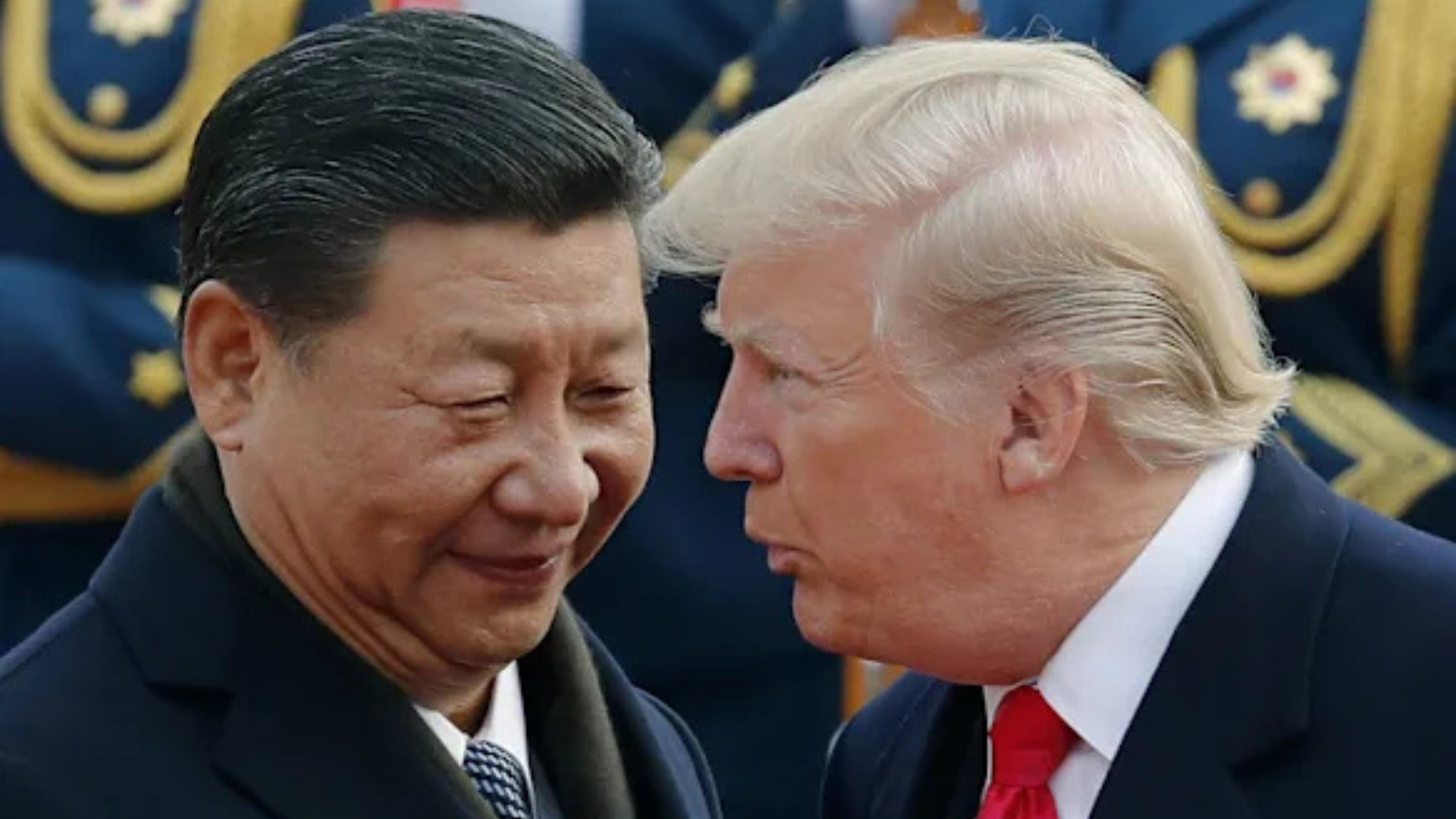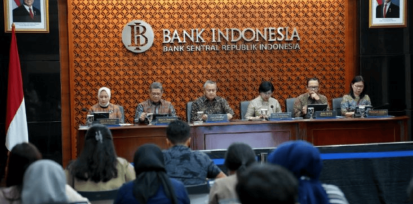
US-China Agree to Cut Trade Tariffs, Global Market Immediately Responds Positively
The United States and China have finally reached an important agreement in an effort to reduce trade war tensions that have rocked the global economy. In a bilateral meeting that took place in Geneva, the two countries agreed to temporarily cut import tariffs for 90 days, marking a new chapter in their trade relations.
In an official announcement made Monday evening local time (13/5), the US government revealed that it would reduce additional tariffs on products from China from 145 percent to 30 percent. In return, China also cut tariffs on goods from the US from 125 percent to only 10 percent.
This step was immediately welcomed positively by the market. The US dollar exchange rate strengthened, while stock indices on a number of global exchanges turned green. Investors responded happily to the possibility of recovering trade flows that had been disrupted for years.
"We both want balanced trade. The US will continue to move in that direction," said US Treasury Secretary, Scott Bessent, in a press conference with US Trade Representative, Jamieson Greer.
Greer emphasized that this agreement marks a commitment by both parties to avoid a "decoupling" scenario or total economic separation. "Tariffs that are very high, basically resemble an embargo. Nobody wants that. We want trade," he stressed.
The trade war between these two world economic giants had previously caused the global trade value to stop at up to US$600 billion—the equivalent of around Rp. 9,600 trillion when referring to an exchange rate of Rp. 16,000 per US dollar. The impacts are broad, ranging from disruption of international supply chains, increasing production costs, to layoffs in various sectors.
The meeting in Geneva was the first direct meeting between senior US and Chinese economic officials since President Donald Trump returned to office earlier this year. Since then, tariff policies have been tightened again, especially for products from China.
Even though this agreement is temporary and does not cover all sectors, Bessent emphasized that the US will still make adjustments to a number of strategic industries.
"This adjustment will focus on important sectors such as pharmaceuticals, semiconductors and steel which we consider crucial from the supply chain side," he concluded.
This step is a signal that although geopolitical competition remains, economic dialogue is still a space that allows compromise for the sake of global stability.




 Back to Home
Back to Home







